How does Rosa Village Green label Rose Summer Flavor in Ethiopia characteristics of Rosa Coffee beans in Rosa Village Manor
Professional coffee knowledge exchange more coffee bean information please follow the coffee workshop (Wechat official account cafe_style)
Where is the hometown of Rosa Coffee? Maybe a lot of people blurted out Panama. In fact, Rose Summer Coffee was found in the rose summer forest of Ethiopia in 1931 and spread to Panama one by one in several countries over the past few decades. In 2004, the owner of the Panamanian Jade Manor found that this rich floral "treasure" was taken to the forefront of the boutique market. So are there any coffee beans in the Rose Summer Forest? Yes! A while ago, Qianjie started a cup test of green standard coffee beans from the estate of Rosa Village in Ethiopia, and then Qianjie came to talk about the flavor characteristics of this sunny rose village green label coffee beans.
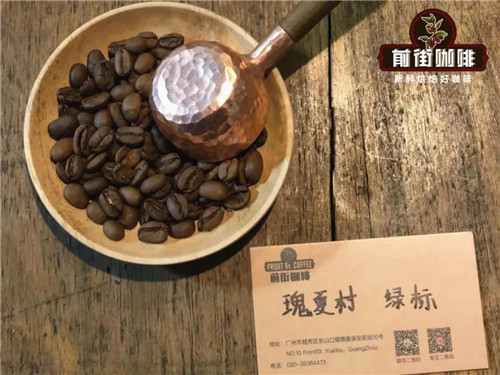
Qianjie Coffee-- the Green label Rosa Coffee beans in the Manor of Rosa Village, Ethiopia
Producing area: producing area of Banchi Magi, Ethiopia
Manor: Guoxia Village Manor
Altitude: 1911-2001 m
Variety: Gori Rosa
Treatment method: sun treatment
The Legend of the Manor of Guoxia Village
In 2007, documentary director Adam Overton and photographer wife Rachel Samuel came into contact with the Gera Coffee Forest in the Banchi Maji region while shooting a documentary about Ethiopian coffee for the Ethiopian government, and in the process they came up with the idea of building their own coffee estate and brand.
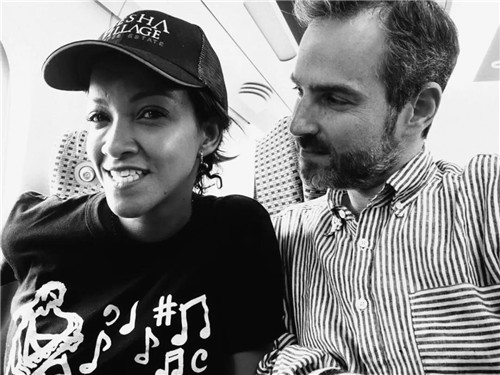
In 2009, they were lucky enough to meet the famous mule owner and BOP judge Willem Boot, and Willem Boot's idea provided an opportunity for the Overton couple to return to Ethiopia to find the birthplace of Rose Summer. Finally they came to Banchi Magi, an area in southwestern Ethiopia near South Sudan, where many places are known as the village of Gesha and where primitive roses are most likely to be found.
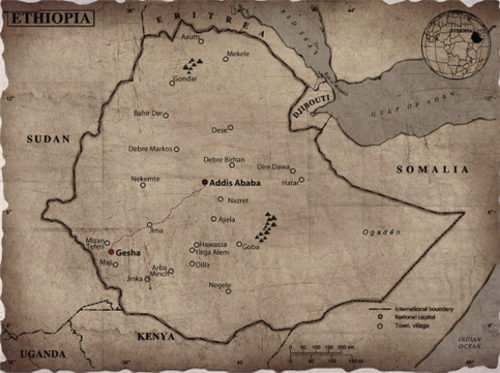
Adam followed WillemBoot on an adventure in the forest around the manor. In a jungle magically surrounded by a thick forest, he found a variety of wild tree species, and what surprised them most was to find the wild rose summer. Later they learned that this was the place where the rose species were first found in the Gori Gesha forest. So they collected seeds from native rose trees, screened them, and planted them in Rosa Village. They decided to build the estate here and name it Gesha Village Coffee Estate, a 475-hectare coffee farm about 12 miles from the Gori Gesha Forest. Unlike most Ethiopian farms, Guixia Village is not a small farm, but a 500-hectare farm with its own washing plant and laboratory, and the whole farm only grows Rosa varieties. It is not generally impossible to determine specific varieties of Ethiopian native species.
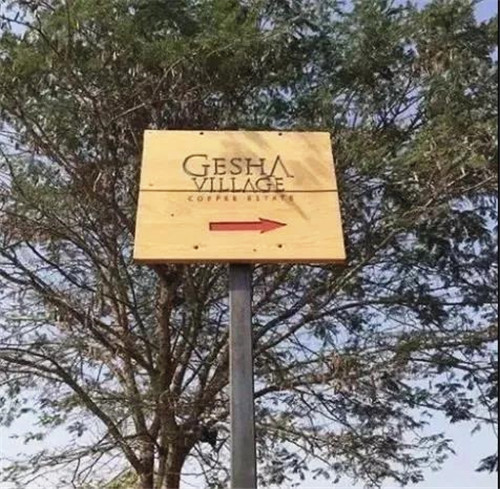
Coffee varieties in Ruoxia Village
There are three varieties in Rosa Village, named after the expedition when the coffee was discovered: Gesha1931 (Rosa 1931) and Gori Gesha (Gori Rose) and Illubabor provided by the Ethiopian Coffee Research Center.
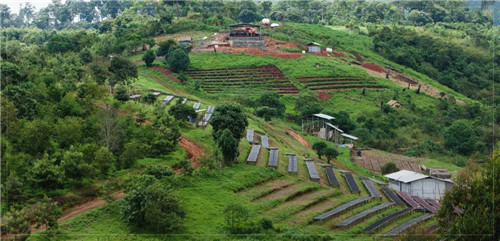
Gesha1931 is confirmed by observing the shape of the plant, the shape and size of the beans, and its cup test that it is the closest female parent to the Panamanian summer. On the other hand, the Gori Gesha variety was collected by the owner of Rosa Village through his own expedition in 2011 from the Gori Rosa wild coffee forest, 20 kilometers from the current Rosa Village farm, and no duplicate samples have been found anywhere else.
Ruoxia Village Green label Rose Summer Coffee
Ruoxia Village Manor uses a product line configuration similar to that of Jadeite Manor, which is divided into RARITIES (Gold Standard), GROWERS RESERVE (Red Standard), SINGLE-TERROIR (Green Standard) and CHAKA (Chaka).
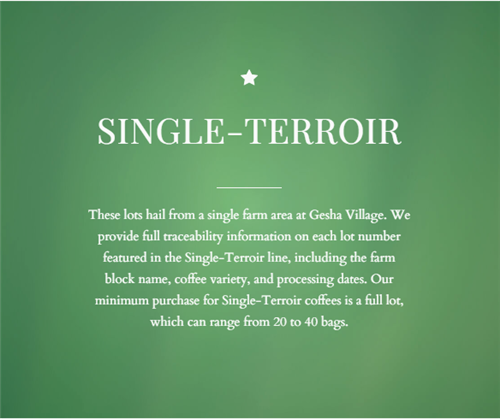
Like Gold Standard, Red Mark and Chaka batch, Qianjie has previously tested Gold Standard, Red Mark and Chaka respectively, all of which have a good impression. This time, the official name of the green rose summer is SINGLE-TERROIR (single Land / Land), and this coffee bean comes from a single farm in Rosa Village. Complete traceability information for each batch in the Single-Terroir series can be found, including farm name, coffee variety and processing date. The estate of Ruoxia Village is strictly divided into plots, and different varieties of coffee are planted in each area. This green rose is grown in summer from Bangi, located in the northwest of the village, and its variety is Gori Rose.
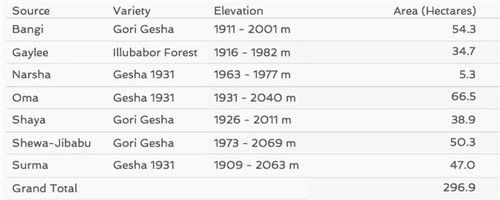
Exquisite sun treatment of manor
The Roxia Village Coffee of Qianjie Coffee is sun-treated. First remove the floating impurities, and then cover the sun with a thin layer of plastic sheeting on the African-style elevated scaffolding. when drying with a tanning bed, they will be screened again to select worm-eaten beans and coffee beans that are green in color. The total drying time is 18-30 days. Qianjie believes that the sun-treated coffee has obvious sweetness, soft acidity and the tonality of compound fruits in flavor.
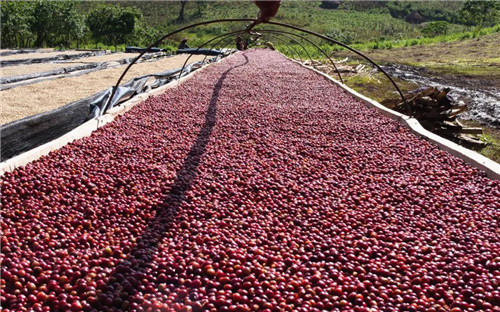
Roasting Analysis of Qianjie Coffee
As this batch is the coffee of the new production season in 2020, the moisture content is high, and the dehydration time will be prolonged during this period. Determine the final baking degree as medium-shallow baking to highlight the sweetness of the fruit.
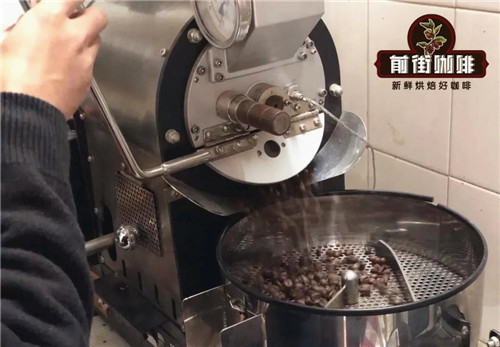
Yangjia 800N, soybeans 500g: furnace temperature 175℃, firepower 130g, throttle opening 3; tempering point 1temperature 92.8℃, open throttle to 4 in 3 minutes, firepower raised to 140in 3 minutes; when furnace temperature is 152.6 ℃, bean table turns yellow, grass smell disappears completely, entering dehydration stage, wind firepower drops to 100mm. The smell of toasted bread has obviously changed to the smell of coffee, which can be defined as a prelude to an explosion. At this time, it is necessary to listen carefully to the sound of the explosion point. The sound of the explosion point starts to explode until the blast starts at the ninth percussion, the throttle opens to five, and after the explosion, the development of the bread toast turns to the coffee scent, and 193.5 ℃ goes into the pot.
Coffee cup test report on Qianjie
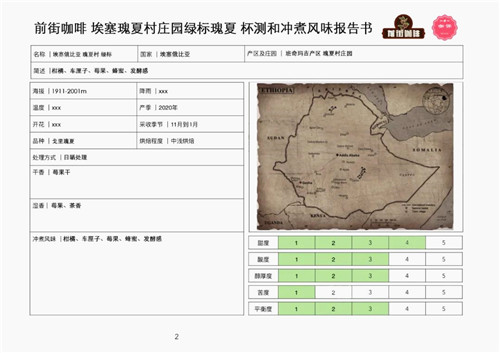
Flavor characteristics of Solar Green Standard in Ruoxia Village
Qianjie through the cup test rose summer village green standard rose summer coffee and we are familiar with the Panamanian green standard rose summer is not high. The rose summer coffee beans grown in Panama have a charming floral aroma, both dry and wet, while the rose summer grown in Rosa Village is characterized by a sense of berry juice, inheriting the characteristics of coffee with a sense of berry juice in Ethiopia.
Qianjie coffee brewing and sharing
Amount of powder: 15g
Powder / water ratio: 1:15
Degree of grinding: hand punching fine grinding (the pass rate of No. 20 standard screen is 78%)
Water temperature: 90 degrees Celsius
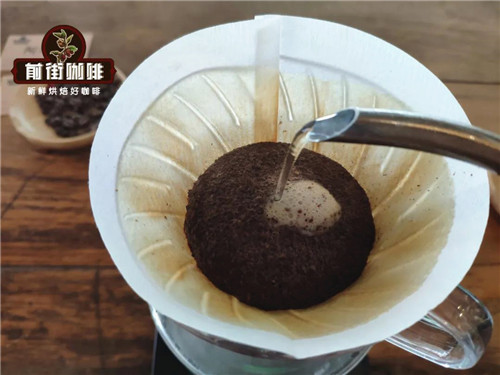
The front street cooking technique: first wet the filter paper and preheat the filter cup and the coffee pot. Steam with 30 grams of water for 30 seconds, small flow circle injection to 125 grams, continue to circle water injection to 225 grams when the water level is about to be exposed, remove the filter cup when the water level is about to expose the powder bed, (the time of steaming starts) the extraction time is 2 minutes.
Ruoxia Village green standard coffee bean cooking flavor: sweet berry flavor, full and mellow taste, with a hint of cherry, red berry, honey flavor. The finish has a fermented aroma.
For more boutique coffee beans, please add private Qianjie coffee on Wechat. WeChat account: kaixinguoguo0925
Important Notice :
前街咖啡 FrontStreet Coffee has moved to new addredd:
FrontStreet Coffee Address: 315,Donghua East Road,GuangZhou
Tel:020 38364473
- Prev
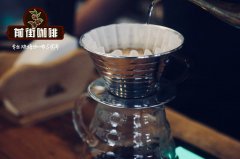
Colombia Cymbidium region Dumbo washed flavor how to Dumbo coffee name origin
Name: Colombia supreme DUMBO WashedFlavor description: stone fruit, vanilla, nuts, dark chocolate finish, rich caramel aroma, rich taste. Country: Colombia (Colombia) Region: Huila Producer: Huila Local smallholder coffee varieties: Caturra, Typica, Bourbon Elevation:
- Next
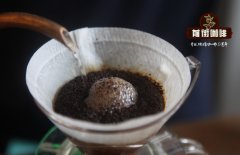
Mayuca Manor in Cauca Valley, Colombia introduces what is the most popular variety of coffee grown in Cauca, Colombia.
Country: Colombia ((Colombia): Caucasidonia (Valle del Cauca) Manor: Hacienda Mallorca) Variety: Caturra altitude: average 1600 m treatment: sun treatment Flavor description: wine, sweet fruit notes, sugar fried chestnuts, brown sugar, orange peel aroma, sweet finish, smooth taste
Related
- Detailed explanation of Jadeite planting Land in Panamanian Jadeite Manor introduction to the grading system of Jadeite competitive bidding, Red bid, Green bid and Rose Summer
- Story of Coffee planting in Brenka region of Costa Rica Stonehenge Manor anaerobic heavy honey treatment of flavor mouth
- What's on the barrel of Blue Mountain Coffee beans?
- Can American coffee also pull flowers? How to use hot American style to pull out a good-looking pattern?
- Can you make a cold extract with coffee beans? What is the right proportion for cold-extracted coffee formula?
- Indonesian PWN Gold Mandrine Coffee Origin Features Flavor How to Chong? Mandolin coffee is American.
- A brief introduction to the flavor characteristics of Brazilian yellow bourbon coffee beans
- What is the effect of different water quality on the flavor of cold-extracted coffee? What kind of water is best for brewing coffee?
- Why do you think of Rose Summer whenever you mention Panamanian coffee?
- Introduction to the characteristics of authentic blue mountain coffee bean producing areas? What is the CIB Coffee Authority in Jamaica?

